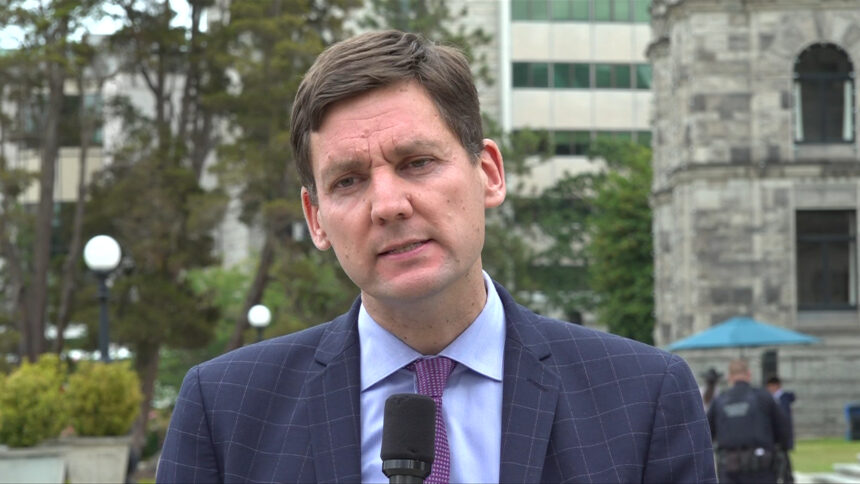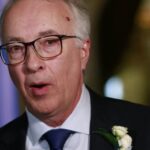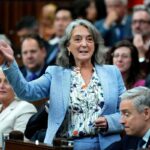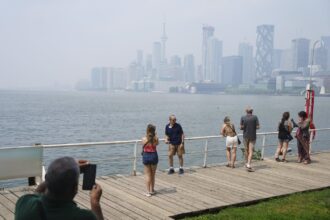In a significant policy shift that could alleviate financial burdens for rural British Columbians seeking medical care, Premier David Eby has directed Island Health to explore implementing mileage reimbursements for patients who must travel long distances for healthcare services.
The premier’s directive comes amid growing concerns about healthcare accessibility in remote communities, where residents often face substantial travel expenses to reach medical facilities. “No British Columbian should have to choose between their health and their financial stability,” Premier Eby stated during a press conference in Victoria yesterday.
The proposed reimbursement program would specifically target residents in rural and remote communities who regularly travel more than 100 kilometers to access specialized medical services unavailable in their local areas. According to data from the BC Rural Health Network, approximately 15% of British Columbia’s population lives in rural communities, with many facing round trips exceeding 300 kilometers for specialist appointments.
Dr. Jennifer Morris, a healthcare economist at the University of British Columbia, emphasized the potential impact of such a program. “The financial burden of travel for rural patients is a significant but often overlooked barrier to healthcare access,” she explained. “Studies show that rural patients are three times more likely to miss medical appointments due to transportation costs compared to their urban counterparts.”
Island Health has been given a 60-day timeline to develop a comprehensive proposal that addresses eligibility criteria, reimbursement rates, and implementation strategies. The health authority will examine similar programs in other provinces, including Saskatchewan’s Northern Medical Transportation Program, which provides $0.41 per kilometer for eligible patients.
Patient advocacy groups have welcomed the announcement, though some express concerns about potential limitations. “While this is definitely a step in the right direction, we hope the final program will be inclusive of all necessary medical travel, not just specialized services,” said Robert Sanderson, spokesperson for the Rural Health Advocacy Coalition.
The Ministry of Health estimates that implementing such a program could cost between $8-12 million annually, but proponents argue the investment would yield substantial returns by improving health outcomes and reducing emergency care costs associated with delayed treatments.
For residents like Martha Jennings from Port Hardy, who travels 350 kilometers to Victoria for monthly cancer treatments, the reimbursement could mean significant relief. “I spend nearly $400 on gas and accommodations each trip,” Jennings shared. “That’s almost a quarter of my monthly pension.”
As our province continues to grapple with healthcare accessibility challenges, particularly in remote regions, this initiative raises an important question: Will addressing the financial barriers to healthcare access finally bridge the rural-urban health divide that has persisted in British Columbia for decades?


















